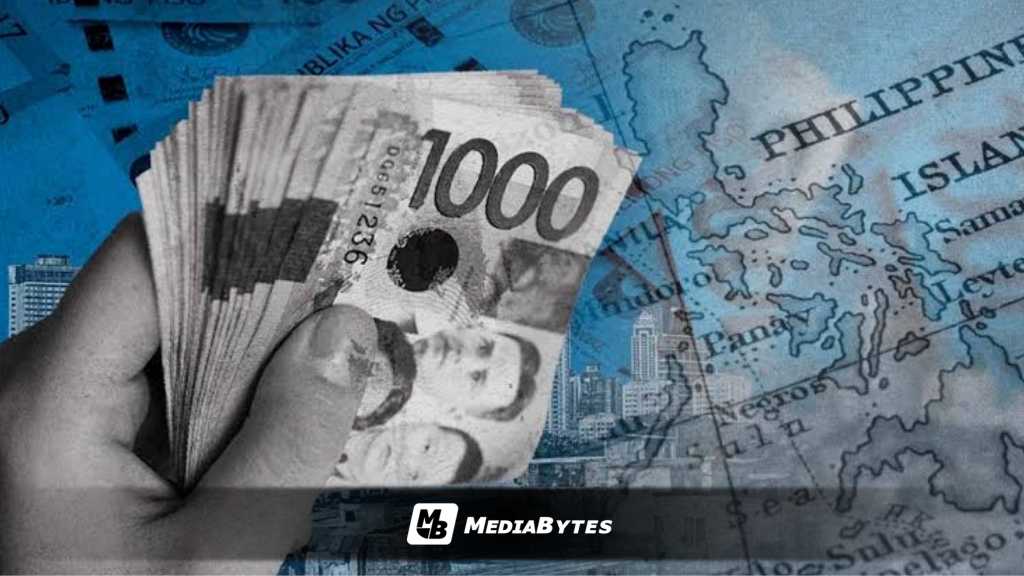Every Filipino is now burdened with ₱142,000 in debt as the country’s total obligations ballooned to ₱17 trillion, Senate Finance Committee Chair Sherwin Gatchalian said during the Development Budget Coordination Committee (DBCC) budget briefing for the proposed 2026 national budget.
“Because of our debt accumulation, each Filipino now owes about 142,000. That’s about 80% of its household consumption per capita,” Gatchalian warned on Tuesday.
He explained that debt has outpaced the growth of the economy since 2023 due to global factors such as the war in Ukraine and rising geopolitical tensions.
“We are now paying for more interest or higher interest payments instead of spending for our needs,” he said. “If we don’t manage debt, the Marcos administration will end its term by accumulating the highest debt accumulation out of all administrations.”
But Finance Secretary Ralph Recto countered with a different perspective.
“On the other hand, you could also say that you have 140,000 in savings. Because one man’s liability is one man’s asset,” Recto said. “So 70% of our debt that we owe to ourselves is actually an asset of Filipinos. It is your pension funds, it is invested by GSIS, invested by SSS, invested by PhilHealth, invested by Pag-IBIG. So sa atin din napupunta yung 70%.”
Recto added that the country’s debt-to-GDP ratio is not worsening.
“In 2022, the debt-to-GDP was 62.1, and if we are 61.8 then we are essentially just flat. So it’s not increasing, it’s not also totally decreasing but medyo flat lang or a slight decrease from 62.1 when we inherited it,” Recto noted.
He said President Ferdinand “Bongbong” Marcos Jr. inherited ₱12.8 trillion in debt and has borrowed ₱9 trillion since, compared to former President Rodrigo Duterte who inherited ₱6 trillion and borrowed ₱6.8 trillion — more than what was passed on.
Gatchalian, however, stressed that Duterte’s massive borrowing was driven by the COVID-19 pandemic.
Recto replied, “It also shows what our response was because compared to the other countries in the region they didn’t have to borrow that much money.”
He further argued that if the country’s fiscal position was truly deteriorating, it would not have received a credit rating upgrade.



